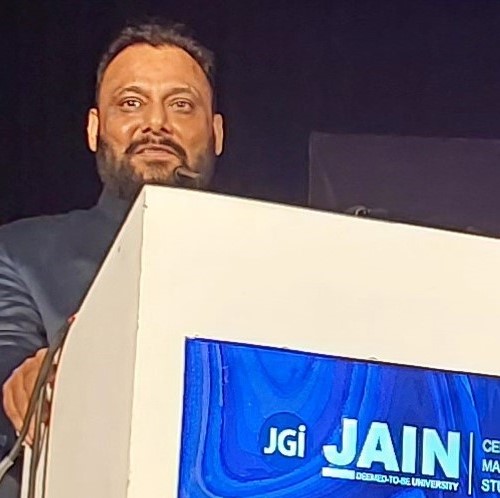“Explore the benefits of Section 80EEB, providing a deduction for interest paid on loans for Electric Vehicles (EVs). Understand the eligibility criteria, quantum of deduction, and conditions for availing this tax benefit. Stay informed about the latest tax incentives as India pushes for a 30% EV replacement by 2030.”
Deduction under section 80EEB, in respect of payment of interest on loan taken for purchasing an Electric Vehicle (EV)
The target of the Government of India is achieving at least 30% electric vehicle (EV) replacement in India by 2030, and accordingly several manufacturers have announced plans to launch electric vehicles in the coming years. In the Union Budget 2023, the Government of India has allocated Rs. 51.72 billion for the Faster Adoption and Manufacturing of Hybrid and Electric Vehicles (FAME-II) scheme, in order to provide incentives to manufacturers to produce EVs and also to encourage the infrastructural development.
Hence, if you have taken a loan to purchase an electric vehicle (EV), then you will be entitled for a deduction regarding payment of interest on such loan u/s 80EEB of the I. T. Act, 1961.
Important considerations under section 80EEB:
1. Eligibility Criteria for Section 80EEB deduction:
The deduction under this section is available only to the individual taxpayers. The other taxpayers such as, a HUF, an AOP, a company, a partnership firm, cannot avail/claim the benefit of deduction under this section.
2. Quantum of Deduction under Section 80EEB:
Deduction under this section is allowable least of the following, beginning on 01-04-2020 and subsequent assessment years till the repayment of loan exhausts:
- Actual interest payable on the amount of EV loan taken,
or
- Maximum – Rs. 1,50,000
Case-I, if actual interest payable on the amount of EV loan is Rs.1.0 Lakh, then entire amount qualifies for deduction.
Case-II, if actual interest payable on the amount of EV loan is Rs. 1.50 Lakh, then entire amount qualifies for deduction.
Case-III, if actual interest payable on the amount of EV loan is Rs. 1.60 Lakhs, then it will be restricted to maximum of Rs. 1.50 Lakhs only.
Hence, the amount of deduction under this section can be less than or equal to Rs. 1,50,000, but cannot exceed the maximum limit of Rs. 1,50,000.
3. Conditions for availing Section 80EEB Deduction:
- The EV loan must be taken from a financial institution – banking company, any bank or a Non-Banking Financial Companies (NBFCs), with the purpose of purchasing an electric vehicle (EV).
- The EV loan must have been sanctioned within the duration of 01-04-2019 to 31-03- 2023.
Importantly, you will not get any tax benefit of section 80EEB, if the loan is sanctioned after 31st March, 2023, as expectation was there, an extension will be announced in the Budget 2023, but no such extension was announced by the Government of India.
- The electric vehicle can be purchased, for personal use or for the business use. Therefore, interest paid by you on the electric vehicle loan, purchased for the personal use, qualifies for deduction under this section. Again, if you have purchased electric vehicle for business use, then also you can claim a deduction under this section up to Rs.1.50 Lakhs, but if you had made a payment of interest on loan for more than Rs.1.50 Lakhs, then any interest above this limit of Rs.1.50 Lakhs, can be claimed as an expense of the business (Suppose, continuing with above Case -III, if you have purchased EV for the business purpose, then out of Rs.1.60 Lakhs, Rs.1.50 Lakhs will qualify for the deduction under this section and balance of Rs.10,000 can be claimed as expenses of the business), provided the EV, must be registered in the name of the owner of the business itself.
- In order to avail this deduction, you must have to obtain the interest-paid certificate and also to furnish tax invoices and loan documents (if required), while filing the income-tax return.
- Moreover, if you have claimed deduction under section 80EEB, then you cannot claim deduction of interest on such EV loan under any other sections of the I. T. Act, 1961, for the same and subsequent assessment years.






We specialize in repairing Electric 3 Wheelers and servicing a variety of Electric Commercial Vehicles from different brands, ensuring you stay on the move.